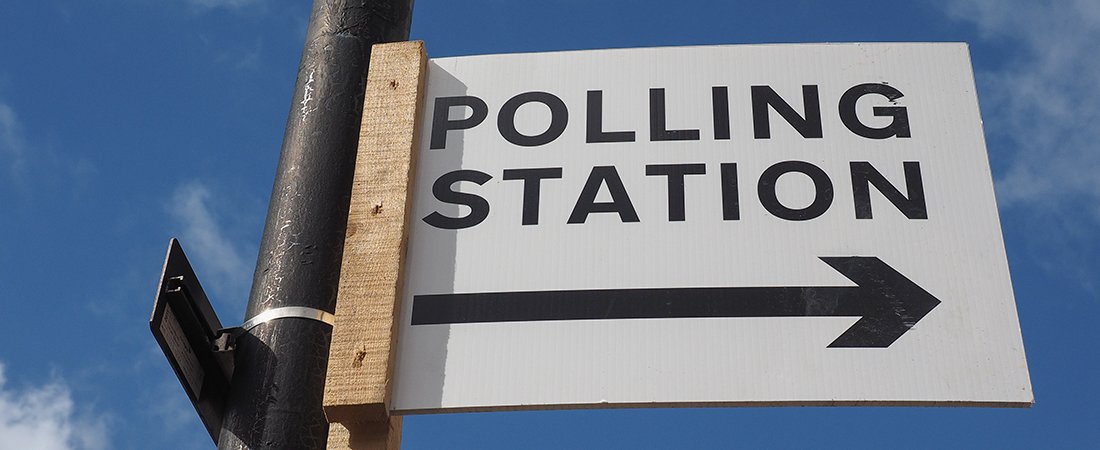The Conservative Party’s victory was at the upper end of expectations and built on a non-traditional Conservative coalition including working class Labour seats in Leave-supporting areas of the country. The comprehensive nature of the result also means the uncertainty that has dominated British politics for the past three years may finally abate.
The UK will very likely leave the European Union with a deal by the end of January 2020. The new Conservative Government will have the numbers in the Commons to pass a re-introduced Withdrawal Agreement Bill that enacts the deal struck with the EU in October. The Bill will likely be introduced in the House of Commons next Friday 20th December with further parliamentary stages taking place early in the New Year.
Johnson will want to de-dramatise negotiations on the UK’s future relationship with the EU. He will have the numbers in Parliament and the political space to be robust with the ERG ‘Hard Brexit’ wing of the Tory Party for whom this is a totemic issue. He will not want next year to be dominated by discussions of a trade deal and will have close to zero interest in countenancing a WTO Brexit. The most likely political option therefore is agreement with the EU on a further implementation phase from January 2021 when the current transition period ends; the linguistic way in which this is presented will be as important as the substance for UK domestic politics. Lawyers and policy professionals will rightly be uneasy, and it is unlikely that this will be neatly mapped out in the way described.
Once the Withdrawal Agreement is passed, Johnson’s overwhelming political focus next year will be on his domestic agenda. He owes his majority to former Labour voters who have lent their vote to the Conservatives this time to ‘get Brexit done’. He and his senior team are conscious of the need for a track record of delivery beyond Brexit in order to hold these voters.
Businesses should not be complacent when it comes to this domestic agenda – greater government intervention will become a running theme of this Parliament. As Dominic Cummings said in a blog in November: “If we get a working majority, the Conservative Party will be very different. We will have seats in the Midlands and North that have been neglected by all parties. The party and the government will have to change radically”.
If revolution has been averted in this election, the reformation of capitalism at least is going to be a first order concern for this Government. A common thread that binds the ‘old Labour’ voters that are now Johnson’s core vote – with younger voters in ‘Remain-type’ seats – is that the market economy of the early 21st Century has lost some of its licence to operate. This was not explicitly discussed in the Conservative manifesto because of its capacity to throw the election campaign off balance and because there are competing viewpoints in the court of Johnson on what exactly this means. Debate on this issue is live and will coalesce around the first Budget of the new Government.
There will be little interest in micro ‘nanny state’ measures other than in some specific sectors. But there will certainly be discussion on competition in the digital age; further reforms on corporate tax planning; improvements in the operation of privately-owned utilities – and corporate governance improvements. A more comfortable inflection for business is that the new Government will be also heavily focussed on the regeneration of ‘left behind’ communities through R&D and infrastructure investment and other levers – he will also be looking for partners in the private sector.
The SNP’s success last night revives the debate on Scottish independence – and there are wider issues about the union to consider too. Nicola Sturgeon will use the General Election result as a platform to push an unpopular English Prime Minister towards the running of a second independence referendum. Northern Ireland’s (possibly divergent) status in the Brexit debate will catalyse discussion on the durability of the union further.

